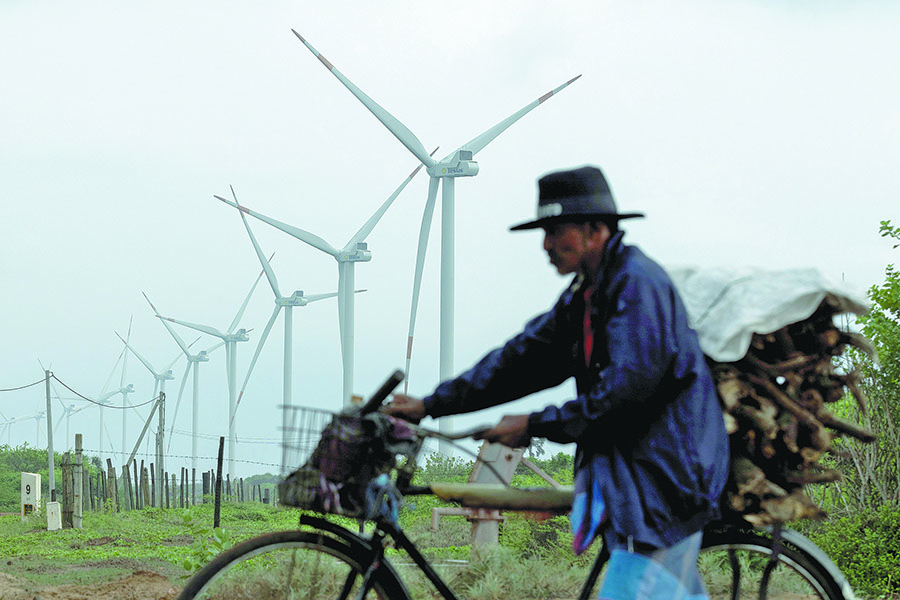Green tourism is just the ticket


Strong message
She said there is a strong message from institutions and the public sector to create low-carbon strategies, and there are programs aimed at promoting sustainability.
According to her, it is vital to advance a methodology to measure sustainable tourism, with social impact being a key factor. "This is really important because tourism is the most human economic sector, a human-to-human business (where) we need to measure the real impact on communities," she said.
William Yu, founder and CEO of World Green Organisation, a Hong Kong-based NGO, said, "There is a growing global trend toward low-carbon tourism, and the Asia-Pacific region is no exception."
Pursuing this new trend can bring immense advantages. Environmental benefits apart, there are also economic gains to be made, such as creating new job opportunities, stimulating local economies, and generating more revenue from sustainable tourism.
More importantly, supporting local communities and promoting cultural heritage is another key concept for low-carbon tourism. "For social benefits, I believe cultural exchanges could be enhanced, not to mention supporting local communities, and enhancing the overall tourist experience," Yu said.
Amin, CEO of COP28, said the economic potential of sustainable tourism is significant. According to the World Economic Forum, nature-positive tourism could generate $230 billion and create 20 million new jobs annually by 2030, provided it is properly managed.
"China, one of the world's largest tourism markets, is also seeing growing demand for sustainable travel experiences, creating opportunities for innovation and leadership in low-carbon tourism development," Amin said. "Tourism can be a driver of sustainable development and economic opportunity. By aligning with climate goals, the sector can secure its resilience and make a real contribution to the ongoing global energy transition."
According to Bayona, sustainable tourism, or social impact tourism, also offers a lot of opportunities to help the most vulnerable. "When you respect others, when you respect society, when you respect communities, then you are in a win-win strategy," she said.
Priantha Fernando, former chairman of the Sri Lanka Tourism Development Authority, or SLTDA, said that low-carbon tourism goes hand in hand with sustainable tourism, and it ensures that natural resources are utilized in a planned manner.
"From environmental, social, cultural and economic perspectives, maximum protection and preservation is provided (in this type of tourism)," he said. "Resources are used in a planned manner to generate income, and through proper management of such precious resources… all benefit."
























